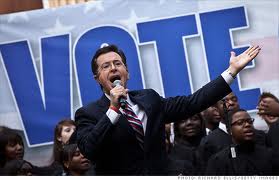
A Deeper Democracy Begins with Proper Elections: Citizens United, the rise of the Super PAC and the loss of electoral integrity in the US
It was a sunny day in March 2011 and Stephen Colbert was getting restless.
Colbert had been working out a comedic sketch of a political ad by the former Governor of Minnesota, Tim Pawlenty, but he did not quite know how to end the parody. Then Colbert had an idea: he would substitute ‘LibertyPAC.com,’ the name of Pawlenty’s political action committee, for ‘ColbertPAC.com’ and would buy the URL in jest. Almost immediately after the episode aired, Colbert received a frantic call from the Comedy Central network, which had evidently bought the joke and insisted that he refrain from forming ColbertPAC.

In America, Corporations are People. But should they be?
Now that November 6th has passed, Americans will stop keeping up with politics and continue Keeping up with the Kardashians. Yet, several of the most crucial elements of American democracy still warrant close attention, including voter identification laws, the restrictions on early voting and, not least of all, the newest phrase to have permeated American politics, that “corporations are people too”.
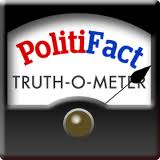
Deepening Democracy in the United States: “Elections with integrity” require accurate information
I think it’s fair to say that democracy in the United States is already pretty “deep”. As a US citizen, I feel incredibly lucky to live in a society whose history is rooted in democratic ideals—a society that continues to benefit from the types of “elections with integrity” that the 2012 Report of the Global Commission on Elections, Democracy, and Security promotes.
It’s therefore tempting to say that everything is just fine, that democracy in the United States is “deep” enough.
But I would argue that democracy, in any meaningful sense, requires an informed citizenry—and, accordingly, that an informed citizenry is a necessary precondition for all of the recommendations that the 2012 Global Commission Report contains.
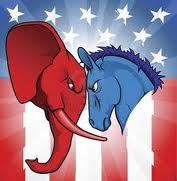
Targeting and Turnout in the 2012 US Presidential Election
One of the big questions in the run-up to the 2012 Presidential Election was what the turnout would be. Would the supposed “enthusiasm gap” lead to lower turnout amongst some of the key demographics behind Obama’s 2008 victory, like African-Americans and college students? Would the absence of the extraordinary volunteer mobilization seen around the Presidents’ first campaign leave his re-election effort without the capacity to expand the electorate through large-scale voter registration efforts and an extensive and intense effort to get out the vote?
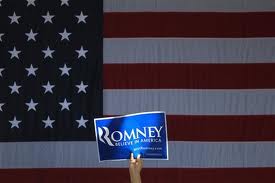
US Republicans: The election postmortem should recognise that change is finally something to embrace
Barack Obama won re-election, his party managed to hold the Senate, and the House of Representatives is still – exactly as before the elections – dominated by the Republicans. Licking their wounds, they remain hostile to presidential administration. Has anything shifted? More than it seems. Certainly there is scope for a number of changes on the horizon – the most important ones concerning the American right.
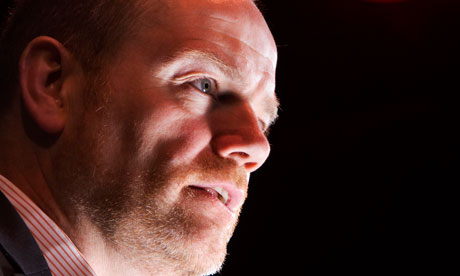
Mark Thompson: The Cloud of Unknowing
This week, Mark Thompson, former Director General of the BBC, gave a series of three lectures as part of his Humanitas Visiting Professorship in Rhetoric and the Art of Public Persuasion, in honour of Philip Gould. These lectures were all centred around the theme of how the language and tone of public debate has changed in recent years in ways that have been detrimental to the cause of public understanding and has created a ‘cloud of unknowing’ within the wider public regarding matters of civic policy.
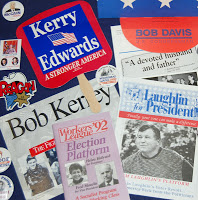
The Money Trail: TV adverts are the most costly, but campaigns still spend big on old fashioned buttons and yard signs
From the coverage of the US election in the UK news media it would be easy to get the impression that we are witnessing a single battle of giants, or a least of the giantly funded. In mid-October the Center for Responsive Politics reported that the campaigns of Mitt Romney and Barack Obama had raised almost $900 million combined. But the presidential election is not the only place where money talks loudly.
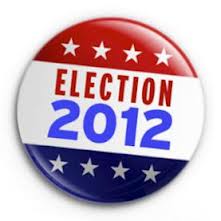
All to Play for in the Home Stretch
It’s a little over three weeks to go before America votes in the 2012 presidential election, and things have suddenly turned interesting. For a while, orthodoxy was that Obama was likely to get re-elected and, maybe, by a substantial margin. As late as early October, Romney was still seen as a weak candidate with a history of vote losing gaffes. Those of us who thought the GOP might win the White House were treated like Right-wing Cassandras. It seemed like the European Union was more likely to win a Nobel Peace Prize…
Suddenly, the national polls are even and the swing states are getting close. At this dramatic point in the race, I’d make the following observations…









